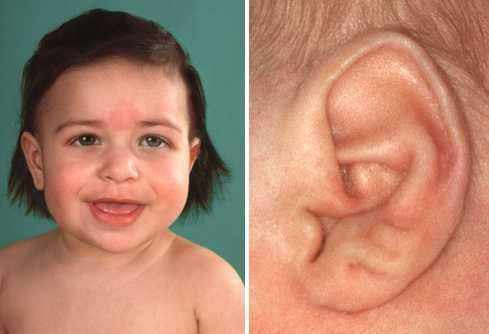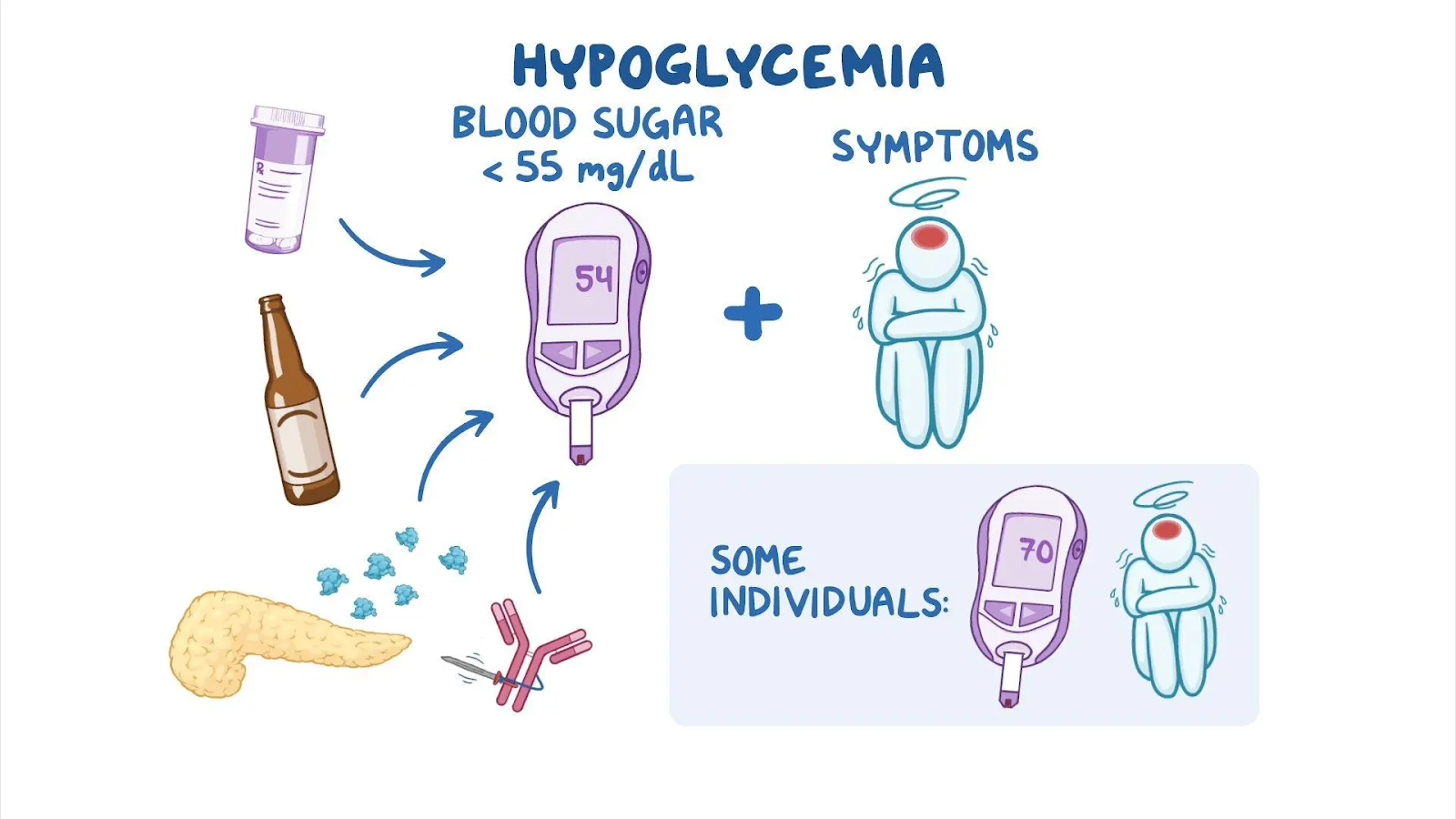Table of Contents
Introduction
Beckwith-Wiedemann Syndrome (BWS) is a complex genetic disorder characterized by an array of clinical manifestations, primarily marked by exomphalos (omphalocele), macroglossia (enlarged tongue), gigantism (excessive growth), and various anomalies affecting the adrenal and renal systems. Although it is a rare condition, affecting approximately 1 in 10,000 live births, understanding its implications and management strategies is essential for those affected and their caregivers.
Key Characteristics of Beckwith-Wiedemann Syndrome
1. Exomphalos:
- Exomphalos, also known as omphalocele, is one of the more pronounced features of BWS. It is a congenital defect where the infant's intestines, liver, or other organs protrude through the abdominal wall at the base of the umbilical cord.
- The severity of the condition can vary, and management often involves surgical intervention soon after birth to correct the defect and protect the exposed organs.
2. Macroglossia:
- Macroglossia is another hallmark of Beckwith-Wiedemann Syndrome. Infants with this condition may present with an unusually large tongue, which can lead to difficulties in feeding and speech development.
- In more severe cases, tongue reduction surgery may be needed to alleviate issues related to airway obstruction and improve the aesthetics and function of the tongue.
3. Gigantism:
- Children with BWS often experience accelerated growth patterns, sometimes leading to gigantism. This increased growth rate is primarily due to overactivity of growth factors, particularly insulin-like growth factor 2 (IGF2).
- While most children with BWS may have tall stature, continuous monitoring of growth is crucial to ensure that other health factors are also taken into consideration.
4. Adrenal and Renal Anomalies:
- BWS can be associated with various abnormalities of the adrenal glands and kidneys. This includes conditions such as adrenal tumors or abnormalities in kidney function.
- Regular ultrasound examinations and monitoring of adrenal function are critical parts of managing patients with Beckwith-Wiedemann Syndrome.
5. Hypoglycemia:
- Hypoglycemia, or abnormally low blood sugar levels, is a significant concern in BWS infants. This can lead to serious complications if not promptly addressed.
- Caregivers should be aware of the signs of hypoglycemia and ensure regular blood sugar monitoring, particularly in the initial months of life.
Diagnosis and Management of Beckwith-Wiedemann Syndrome
Diagnosing Beckwith-Wiedemann Syndrome typically involves a combination of clinical evaluations and genetic testing. The presence of the hallmark features, alongside additional signs, can help physicians establish a diagnosis. Genetic testing may also be conducted to look for alterations in specific genes, such as those in the 11p15 region.
Management of BWS
requires a multidisciplinary approach that includes pediatricians, surgeons, endocrinologists, and genetic counselors. Here is a structured approach to managing this condition:
1. Surgical Interventions:
- Exomphalos repair may require timely surgical intervention to mitigate potential complications.
- Tongue reduction surgery may be conducted depending on the severity of macroglossia.
2. Monitoring Growth and Development:
- Regular assessments of growth patterns should be performed to identify any deviations from expected growth trajectories.
- Speech and occupational therapy may be beneficial to aid development in affected children.
3. Managing Hypoglycemia:
- Offer education for caregivers regarding the signs of hypoglycemia, with an emphasis on regular blood glucose monitoring.
- Implement feeding strategies designed to maintain stable blood sugar levels.
4. Addressing Adrenal and Renal Health:
- Conduct routine screening for any potential adrenal or renal anomalies.
- Manage any identified health issues collaboratively with specialists.
Conclusion
Beckwith-Wiedemann Syndrome is a complex condition that requires vigilant management and a proactive approach to treatment. By understanding its key characteristics and implementing appropriate management strategies, healthcare providers and caregivers can significantly improve the quality of life for individuals affected by BWS. As research continues to evolve, it is hopeful that further advancements in genetics and medical care will provide enhanced outcomes for those living with this syndrome. Recognizing the uniqueness of each case will ensure tailored care that respects the individual needs of children with Beckwith-Wiedemann Syndrome and their families.

Tags
syndromes



